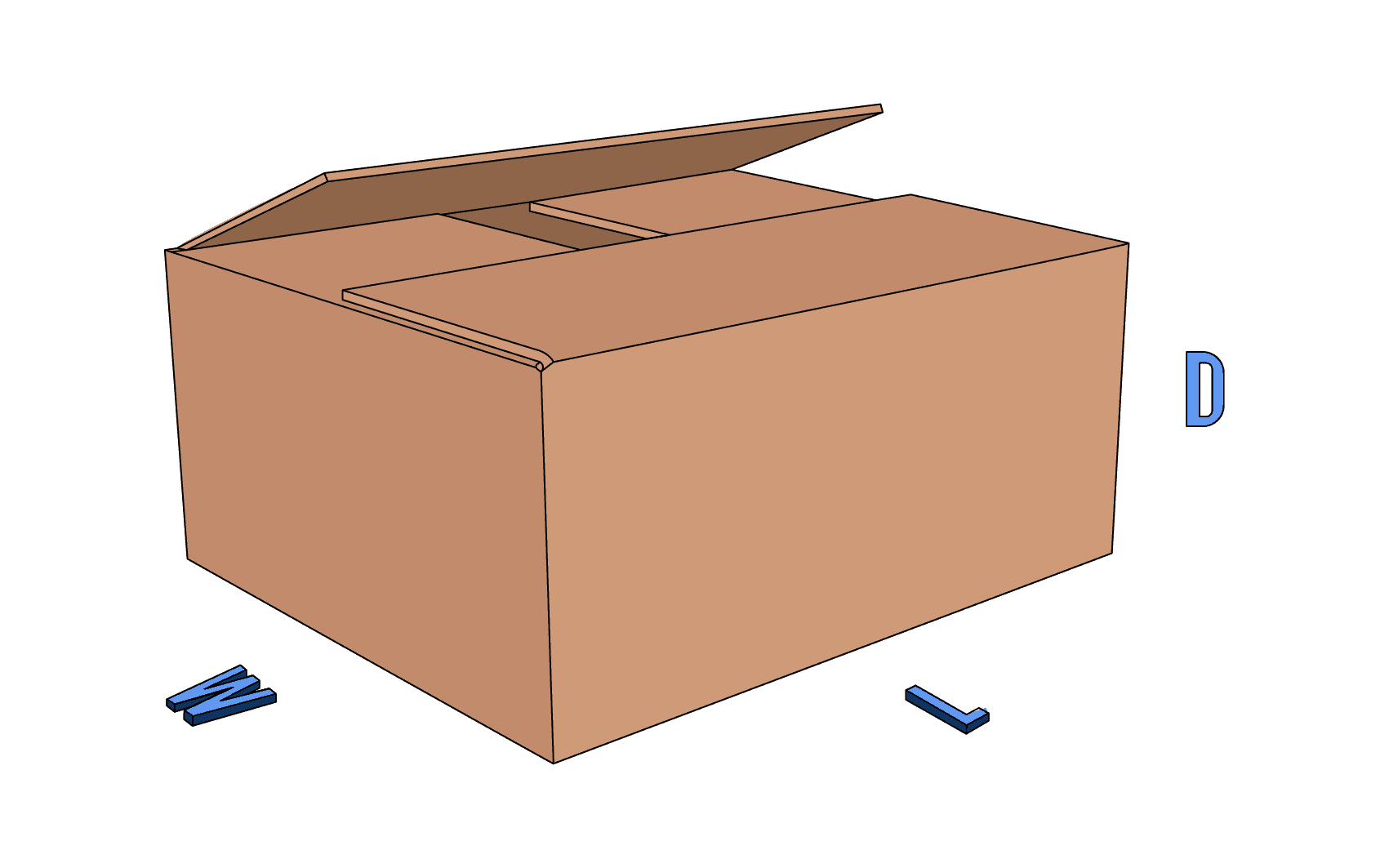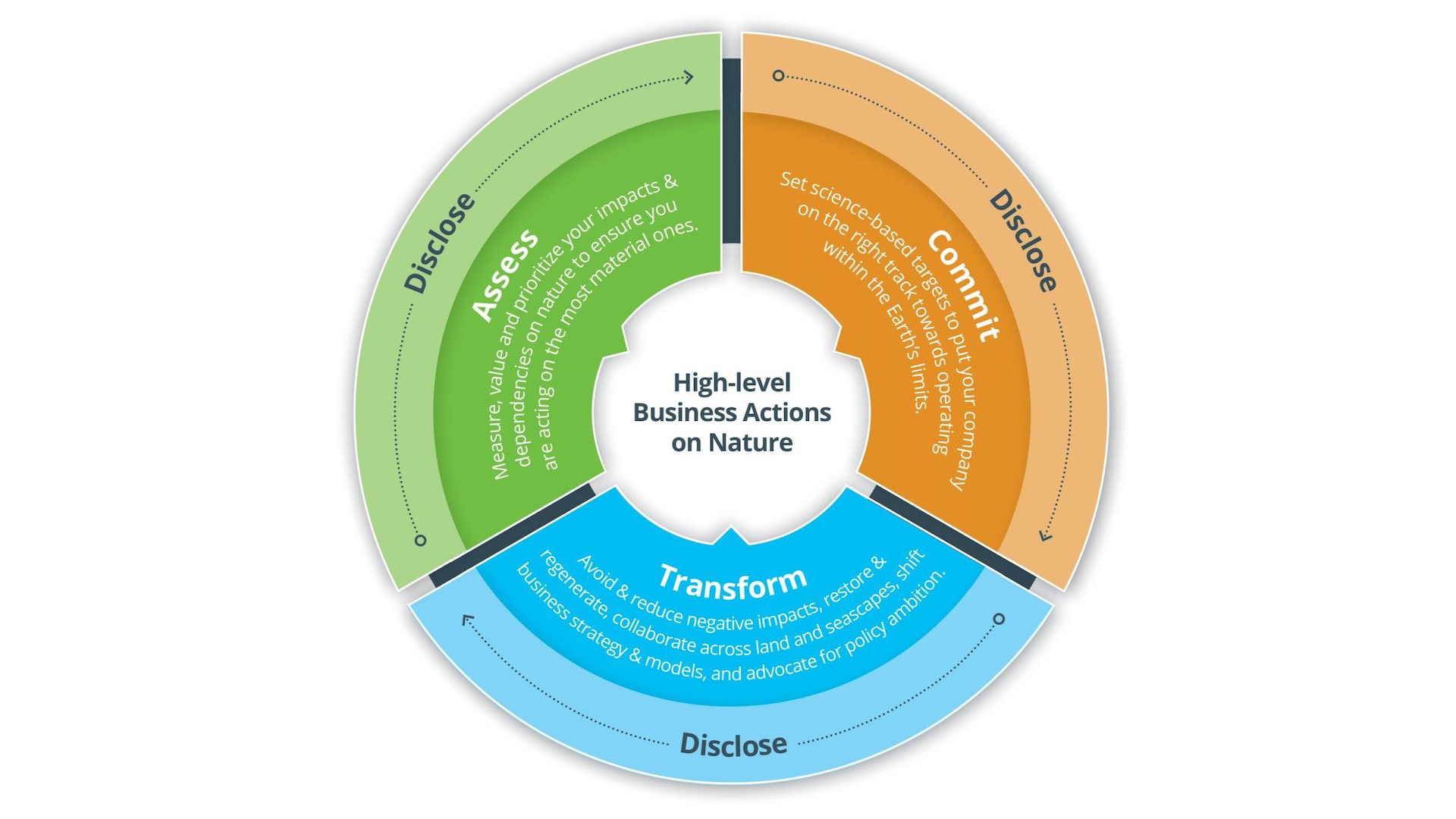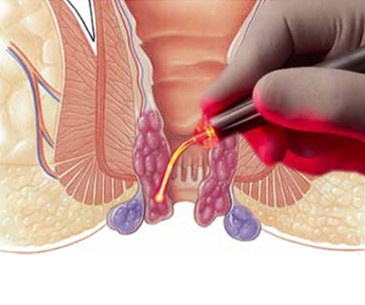Can Piles Treatment Be Done Without Surgery? Know How?
Believe it or not, piles treatment is definitely possible without the requirement of any surgery. However, when haemorrhoids tend to become severe, patients are required to undergo surgery.
Now that you are here, you will get to explore all the alternative treatment options for piles. But before that, let’s have a better insight into the condition and check out the prevalent treatment for every stage. Let’s get started.
Piles – What are the Types?
Commonly known as haemorrhoids, these are typically engorged and dilated veins that carry blood to the anal canal. In other words, these dilated blood veins are located near the anus area. Primarily, there are two distinctive types of piles in nature:
- Internal Haemorrhoids
- External Haemorrhoids
Internal Haemorrhoids have a more common occurrence in comparison to external haemorrhoids. Usually, these appear around 2 cm just above the anal canal opening. As the name suggests, external piles occur outside the anus. On the other hand, the internal piles are present right within the anal canal.
What are the Different Stages of Internal Piles?
You should know that internal piles tend to worsen if left untreated at the right time. Here, we have listed the different stages of internal piles:
- 1st Stage
At this stage, the patient usually complains of painless bleeding during and after defecation.
- 2nd Stage
At this point in time, there is usually painless bleeding along with a mass protruding out of the rectum, especially during defecation. However, this tends to reduce all by itself and sometimes manual reduction is also necessary.
- 3rd Stage
When piles reach the third stage, the mass can neither be reduced back nor can be forced inside. The piles’ mass often tends to come out even while walking, coughing, or sitting.
- 4th Stage
While the piles’ mass can no longer be reduced, it grows and bulges even more. As nothing can help at this stage, patients are required to undergo surgery.
But if patients wish to acquire internal and external piles treatment without surgery, they must change their regular diet.
Piles – What are the Symptoms?
In order to get rid of piles without surgery, it is important to understand the common symptoms first. Patients usually notice traces of blood while passing stool along with some blood drops. And at times, patients also complain about unbearable itchiness, especially around the anus. You should note that irresistible itchiness is a common symptom of external piles.
Patients are likely to notice a very small mass or lump that protrudes through the anus while passing stools. Further, it reduces spontaneously. But if the protrusion is enormous, then it needs to be inserted back into the anus manually. Sometimes, the pile masses are likely to get infected or inflamed, thereby making the patients experience acute pain.
Treat Piles Without Surgery – Home Remedies
There are numerous piles treatments that can be done right from your home. Home treatments can possibly help in relieving inflammation, mild pain, and the swelling of piles. Some of the most commendable home remedies for treating piles are:
- Topical Treatments
There are certain over-the-counter haemorrhoid suppositories and creams containing hydrocortisone. This can be applied to external haemorrhoids. Patients can also use pads that contain witch hazel or numbing agents to comfort the otherwise irritated area.
- Following the Right Diet and Consuming the Right Diet
Aside from vegetables and fruits, patients who are diagnosed with piles are also required to eat whole grains. Consuming these food items can efficiently increase the bulk of the stool and soften it. This enables the patients to avoid straining, which worsens the symptoms of the existing piles.
Healthcare professionals and dietitians always recommend incorporating fibre into the patient’s diet. This gradually helps in avoiding any issues with gas.
- Pain Relievers
It is true that piles can promote excessive discomfort, especially while passing stool. But using pain relievers like Ibuprofen, Aspirin, or Acetaminophen can help in relieving the discomfort temporarily.
- Warm Baths
Patients can try taking warm baths to get relief from piles. If you don’t wish to undergo surgeries, you can try this method of warm baths. It is important to keep your anal area soaked in plain warm water for around 10-15 minutes. Undertaking this practice two times a day will help in curing piles.
To Conclude
If you are diagnosed with piles, you should seek medical attention immediately. If you are unaware of the stage you’re in; you must get in touch with the experts of Apollo. The experienced professionals of Apollo can easily determine your piles’ stage. Further, they can also determine what kind of treatment will suit you best.
Read Also: What Is the Minimum Amount of Oxygen Level in the Human Body Required for Survival?











